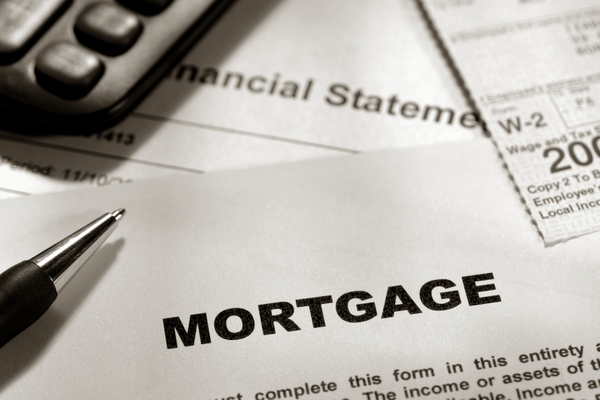If you are self-employed but your income is relatively stable, then buying a home is almost certainly on your list of lifetime acquisitions. Most mortgage lenders will ask for bank statements and proof of salary before they consider lending a mortgage, and so if you are self employed you may be wondering how you will be able to buy a home. Well today we have come up with how to get a mortgage when you are self-employed.
1.) Apply for a “Self Certified” mortgage
If you are self employed then you would most likely have registered yourself as some form of remote worker, either in the form of being a freelance (in which case you fill in your own national insurance and tax return as yourself, under your own name), or as a sole trader (in which you invoice people under the name of a company, and possibly pay others to do work). If this is the case, then you are what is called “self certified” as far as any financial institution is concerned and you will need to apply for a self certified mortgage.

2.) Proof of Earnings
In order to apply for a self certified mortgage, you will need to prove not just your income, but any guarantees of that income. The best way to do this is via your year end accounts that you file to HMRC which you can then back up with bank statements which act as proof of that income. Your end of year accounts, together with your bank statement will act as proof of your yearly earnings and this will be the same (to the mortgage lender) as bank slips. If queried about stability, then showing order forms, confirmation forms and other proofs of the regularity of your business will also help you to get a mortgage.
3.) Accounts
As well as your end of year accounts, any lender who will give you the value of a home will want to have a look at your accounts to make sure that you are not applying fraudulently, and that your accounts are genuine. If you can show the mortgage lender that you are responsible enough to keep clear and transparent accounting, then they are more likely to accept your self certified application.
4.) Timeliness
It is unlikely that a lender will lend you money if you have only been self certified for a short period of time, and therefore to get the best deals it is best to wait six months to a year before you consider applying. The way the bank will view you as a self employed person is as more of a risk than a person who is being regularly paid monthly, and so the longer you have been working for yourself at the time you apply the better. There are banks that will lend to you, even if you have been self employed for a shorter period of time, however these banks are likely to charge you higher interests rates: so it really is worth it to wait.
Ben is a finance advisor and writes about mortgages for OracleFinance.gg, he also advises on personal loans for Loans.gg.

